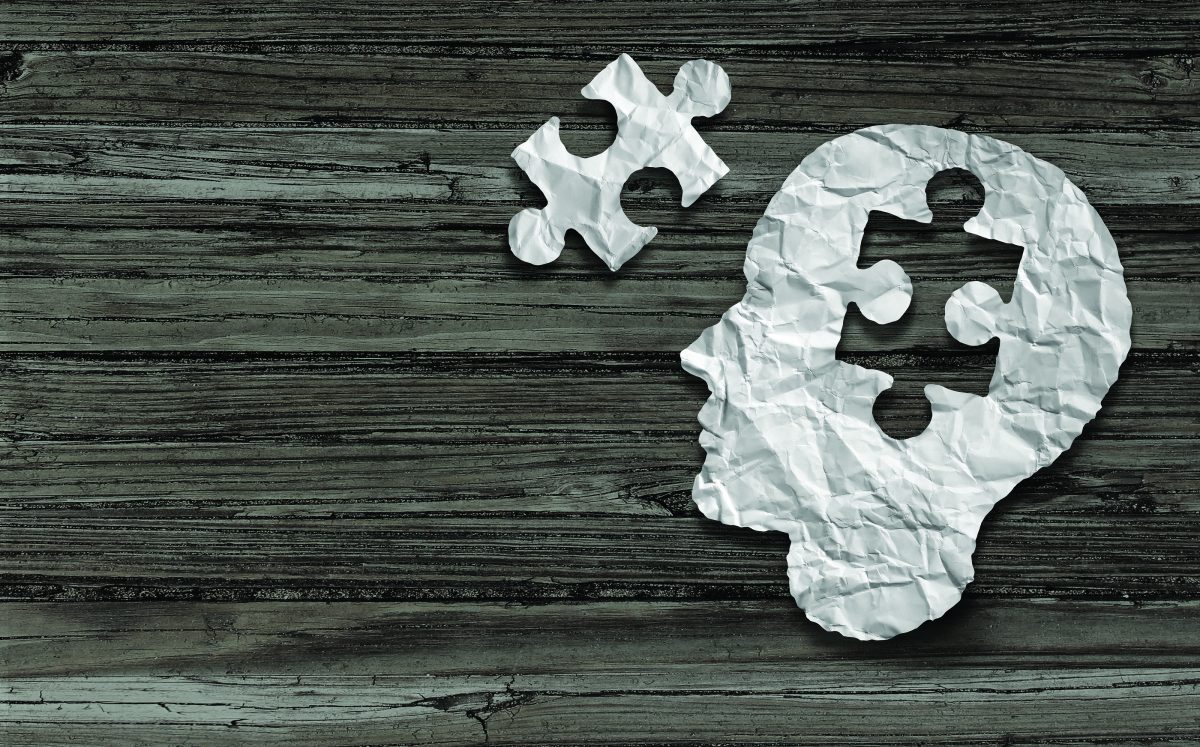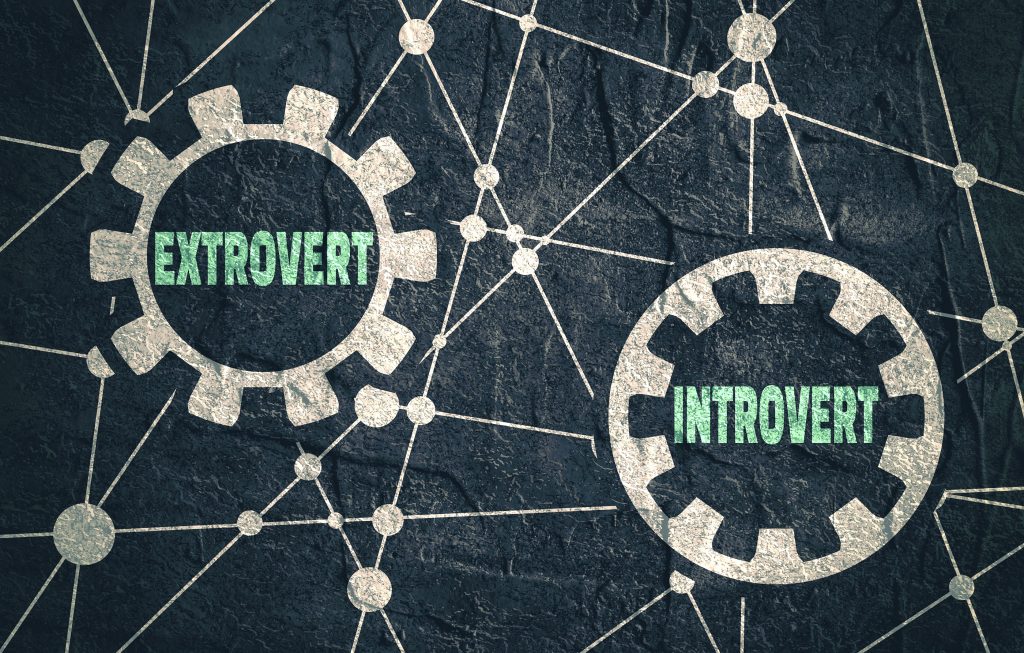
Any moment, each of us has a unique set of priorities, a hierarchy of values ranging from least to most important in our lives. When we set goals that are in alignment with our true highest priorities, we are inherently inspired to act and thus have the highest probability of fulfilling them. When we set goals that are in alignment with our lower values, we decrease the probability of their fulfillment. And when we set goals for or upon others that are aligned with their true highest priorities (or highest and most intrinsic values), they are then less likely to let us down.
After working with hundreds of thousands of attendees and clients at the seminars I present at or in the consulting I do around the world, I have found that there are a series of common unrealistic expectations that undermine people’s overall level of fulfillment. These unrealistic expectations consistently lead to what I have initially observed and later coined the As, Bs, Cs, Ds, Es, Fs, and Gs of unfulfillment:
 Anger / Aggression
Anger / Aggression
Blame / Betrayal
Criticism / Challenge
Despair / Depression
Exit / Escape
Frustration / Futility
Grouchiness / Grief
Any time you have an unrealistic expectation on yourself or others, your psychology and physiology will let you know by providing you with emotional feedback. In other words, your unrealistic expectations will result in your feelings/actions from this alphabet toward yourself or others.
The nine more common unrealistic expectations I have noticed are:
- Unrealistic expectation for other people to live in some purely one-sided manner.
Monopolar behavior is unsustainable and unrealistic to continuously expect. If I were to approach you and state that you are always supportive, never challenging, always nice and never mean, and so on, you would innately know that it is a subjectively biased distortion. The same goes with opposite generalizations (always mean and never nice, always cruel and never kind…). But if I were to approach you and state that sometimes you are nice and sometimes you are mean, etc., you would be far more likely to believe it.

This is because we have an intuitive, built-in thermostat that lets us know our own real and balanced nature. Because you have a unique set of values, when others support your highest values it brings out one side (nice), and when they challenge your highest values it brings out the opposite side (mean) of your complete and balanced nature. Expecting others to be one-sided is unrealistic, and will lead their minds/bodies to inwardly respond, or compensate with a neural feedback of things from the alphabet of unfulfillment.
- Unrealistic expectation upon other people for them to live outside their (or our) highest values.
Every decision people make is based upon what they believe at any particular moment will give them the greatest reward over risk. They will not necessarily live in accordance with your highest values unless they are either temporarily infatuated with you, or by doing so they believe they will receive some greater advantage in accordance with their own highest values. It is not so much that others betray you. It is more that you are projecting your highest values onto them and expecting them to live in accordance with your highest values more than their own.
- Combination of unrealistic expectations #1 and #2.
These two unrealistic expectations bring about a compound feedback response. Others will not live long-term in a one-sided manner or live according to your highest values. Others want to be loved for who they are, not necessarily what you unrealistically expect them to be.

- Unrealistic expectation upon yourself to live in a purely one-sided manner.
It is certainly unrealistic to expect yourself to be always supportive and never challenging, always nice and never mean, always positive and never negative, etc. Again, when you perceive that your highest values are being supported, it will bring out one side of you (nice), and when you perceive your highest values are being challenged or threatened, it will bring out the other side of you (mean).
- Unrealistic expectation upon yourself to live outside your own highest values and inside other’s highest values.
Only during times of infatuation with others can you temporarily attempt to live in accordance with their highest values, or when you believe that doing so will provide you more advantages over disadvantages to your highest values. As Emerson stated, “envy is ignorance and imitation is suicide.”
- Unrealistic expectation upon the collective society to live in a purely one-sided manner.
Society is composed of a super culture of counter cultures giving rise to collective supportive-cooperative-agreeing-nice and challenging-competitive-disagreeing-mean behaviors. We as a collective society require both support and challenge to maximally adapt, evolve, and grow. Over-support can make us juvenile dependents and over-challenge can make us precocious independents. Both behaviors are required for our overall stability and psychological infrastructure.

- Unrealistic expectation upon the collective society to live inside your own highest values.
To expect the entire society around you to live in your highest values is delusional. With everyone having a unique set of values, to expect others to live in accordance with your highest value is certainly unrealistic. Others can only make decisions according to their own highest values and not yours.
- Unrealistic expectation upon mechanical objects to function in a one-sided manner.
To expect your mechanical devices to support you without challenging you would also be unrealistic. Phones can set you free and at the same time can constrain you to your office. Cars provide you free mobility but add to traffic jams that limit your mobility.
- Unrealistic expectation upon mechanical objects to live inside your own highest values.
To expect current machines to read your mind and only do what aligns with your highest values is certainly unrealistic.
Comparing your current reality, which is balanced and two sided, with one or more of these nine one-sided, unrealistic expectations will lead to unfulfillment and even depression. So the next time you are feeling unfulfilled, review the above list and see which one or more of them just might be underlying your current feelings of dissatisfaction. Setting realistic, objective expectations can set you free of a lot of unnecessary feelings and allow you to fulfill what you truly value most. Just remember to be realistic.

